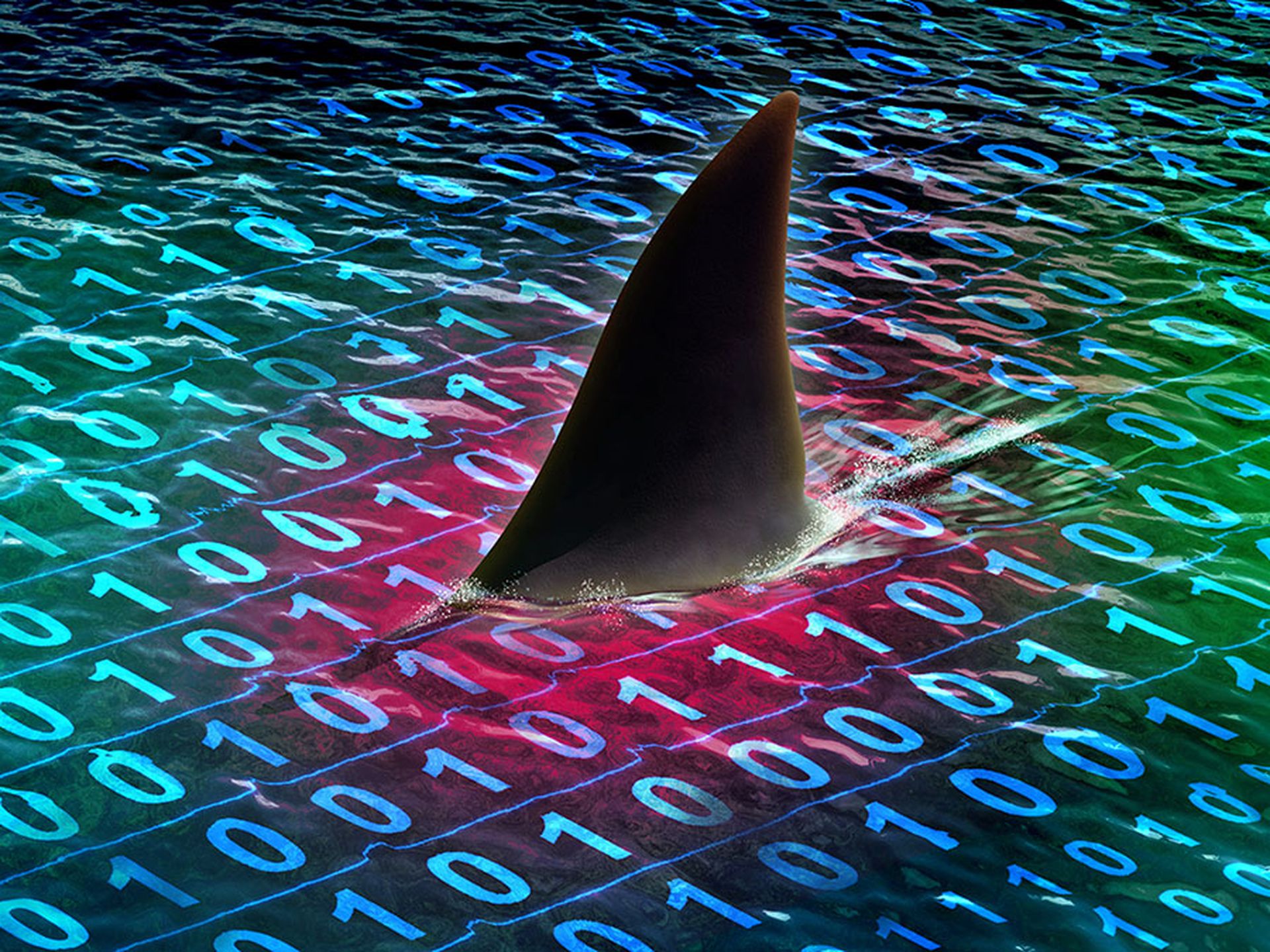In the fast-paced landscape of cybersecurity, incident response (IR) teams stand on the front lines of responding to and resolving security issues. Ideally, effective IR teams have strong technical skills along with team-based soft skills such as communication, collaboration, and creativity. But in reality, there are large fluctuations in how organizations compose, manage, and train their IR teams to prepare them to handle cyber incidents.
While it’s important to have technical expertise, proper coordination, communication, and most important, leadership are the biggest factors that can make, break, or exacerbate cybersecurity issues.
An incident commander (IC) has emerged as the lead role within the dynamic and chaotic environment of incident response. An effective IC will minimize a security breach and fortify their organization’s defenses against future threats. They must orchestrate a cohesive response strategy in a high-pressure situation. To do this effectively, they must leverage the strengths of their team, ensure clear and timely communication, and decisively navigate the complexities of cyber incidents.
How can security leaders know who will make a strong incident commander? There are five must-have traits that are crucial for someone to successfully tackle this challenging role. ICs need to:
- Understand the team’s skills: Recognize and leverage the unique skills and strengths of each team member. ICs should understand their team’s capabilities and assign roles and tasks that align with each member’s expertise to maximize the team’s overall efficiency. Encourage continuous learning and development within the team. By identifying skill gaps and promoting training and certification opportunities, ICs ensure that their teams are well-equipped to tackle emerging cyber threats.
- Possess effective communication and delegation skills: Establish open lines of communication and ensure that instructions, updates, and feedback are clearly articulated. This includes using the appropriate communication channels for different types of information and ensuring that all team members are informed of their roles, responsibilities, and the current status of the incident. ICs must delegate tasks effectively by matching them with the appropriate team members' skills and by trusting in their abilities to carry out those tasks. This empowers team members, builds confidence, and promotes a sense of ownership and accountability within the team.
- Maintain situational awareness: Track the overall status of the incident response, including external factors that may affect the organization. This requires continuously monitoring threat intelligence, understanding the evolving risk landscape, and adapting strategies accordingly. ICs need to make quick, informed decisions based on real-time information. Having the flexibility to adjust strategies as new details emerge requires a balance of intuition and experience, along with a deep understanding of the organization's priorities and risk tolerance.
- Focus on time management and decision-making: Identify and focus on critical tasks that will have the most significant impact on the incident's outcome. This means making tough decisions on resource allocation and task prioritization to ensure swift and effective resolution. Implement strategies to streamline processes, reduce redundancies, and eliminate bottlenecks. This may include automating routine tasks, utilizing decision-making frameworks, and setting clear milestones and deadlines.
- Effectively assign roles and responsibilities: Clearly define the roles and responsibilities of each team member to ensure that everyone knows what’s expected of them during an incident. This clarity helps prevent overlaps and gaps in the response efforts, promoting a more coordinated and efficient approach. Be open to reassessing and reassigning roles as the situation evolves. An effective incident commander recognizes when adjustments are needed and can swiftly reallocate resources to address emerging challenges or exploit new opportunities.
Effective ICs can hold highly-skilled teams of cybersecurity threat analysts together. But in incident response, the IR team must also operate like a boat crew. Ideally, everyone on the team should have the ability to at least temporarily step into the IC role because teams never know who's going to be available. So it’s important to extend IC training to all members of the IR team. Tabletop exercises and simulation training also offer opportunities for team members to try their hand at leading an incident response. It helps identify potential leaders, and strengthens the team by giving specialists a new perspective on the role they play.
Debbie Gordon, chief executive officer, Cloud Range




